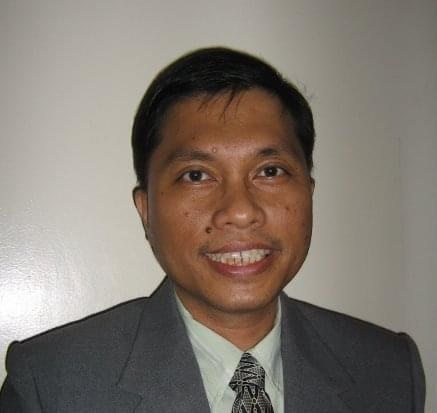OBLIQUE OBSERVATIONS
By Atty. Gilberto Lauengco, J.D.
Motivational rice and affective presence as a tool
Share
“I really want to be nice, but annoying people just won’t let me” – from coolfunnyquotes.com
Because of all this commentary about motivational rice lately, I recently had a daydream of famous vloggers singing, “We don’t talk about that motivational speaker” a la “Encanto” the movie. As a background, the so-called motivational rice is about the PHP100 rice being sold at a bar owned by a very peculiar motivational speaker. This speaker likes to get everybody’s ire by his controversial take on certain issues. When people questioned the exorbitant price of the rice in his bar, he responded with his trademark bizarre logic spliced with insults disguised as motivational rhetoric. I initially thought it was best to ignore the so-called online personality. Unfortunately, just like many people, I find it difficult to avoid noticing the said personality. The person is like a mosquito buzzing at night.
Generally, being annoyed at someone is subjective. You can be annoyed at someone but others may not be annoyed at that same person. However, there are some unique individuals who can annoy almost everyone. The ability of some people to completely annoy almost everyone is a recognized scientific phenomenon. It is called negative “affective presence”. Usually, people avoid a person with a negative affective presence. However, this individual’s negative affective presence is so high that it actually triggers negative attention. In addition, this person seems to be unaffected by negative backlash and even seems to relish the hate and ridicule he generates.
Most persons are bothered by criticism and ridicule in varying degrees. However, as one vlogger commented, this person’s confidence level is so high that he reminds you of classmates in school that raise their hands in class even though they don’t know the answer and find no shame in giving ridiculous answers. In this regard, many people seem to be fascinated with his unique personality.
There are many who say that this person is a clever actor who can turn on a separate online persona to garner as many online followers as he can. Apparently, he has the ability to intentionally exude and sustain an affective presence despite all that negative backlash all for the sake of earning money. It takes a unique individual to continue to say things despite being ridiculed or bashed. It shows an extreme ability to focus on a goal. One psychologist even commented that this may be an example of a cleverly engineered campaign to evoke a visceral thrill in many people and gain attention.
In an era where many seem to live and die by the number of likes in their social media posts, the ability to absorb negative comments in the pursuit of livelihood can be a useful tool. Also, this ability may just be the antidote for the growing online cancel culture. It would be fun to watch a person with the smarts of a Jordan Peterson and the ability to shrug off negative backlash battling it out with smug progressives here in this country.
Communication strategists can use people with these abilities to distract and irritate certain sectors under a multi layered communication strategy. Political strategists can also study this phenomenon and see if negative affective presence can be tweaked and refined to create a new political brand for politicians. Now that would be interesting.
This is my oblique observation.
Editor’s note: The opinions expressed in the foregoing article are solely the author’s and do not reflect the opinions and beliefs of the Philippine News Agency (PNA) or any other office under the Presidential Communications Office.
Comments
About the Columnist

ATTY. GILBERTO LAUENGCO, J.D. is a lawyer, educator, political strategist, government consultant, Lego enthusiast, and the director of CAER Think Tank. He is a Former Vice Chairman of MECO, Special Assistant of NFA and City Administrator among others. His broad experience has molded his unique approach to issues analysis which he calls the oblique observation.
